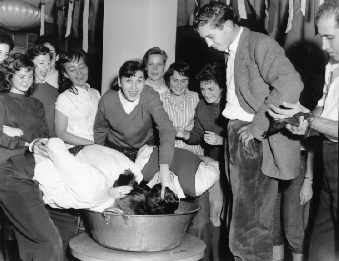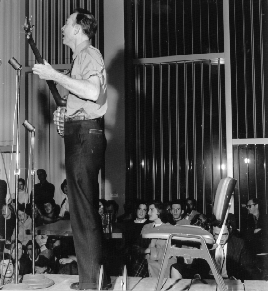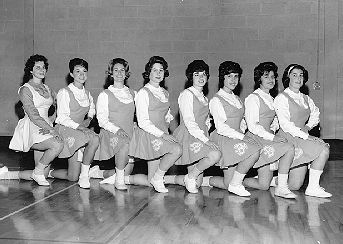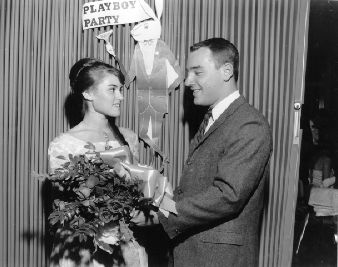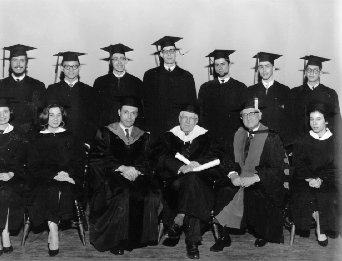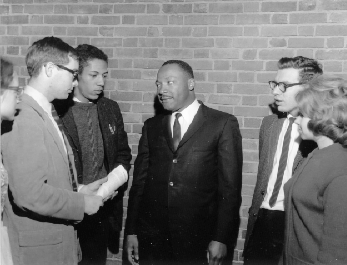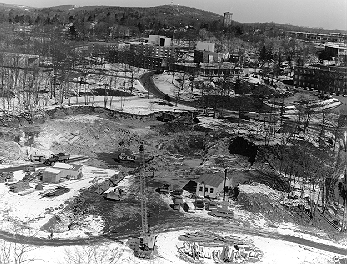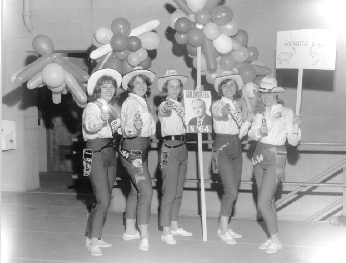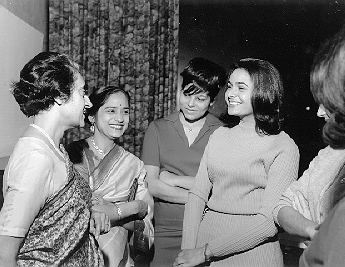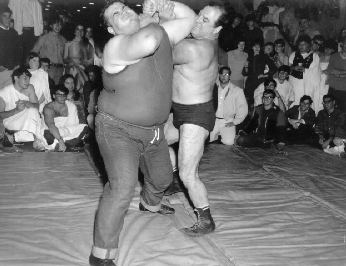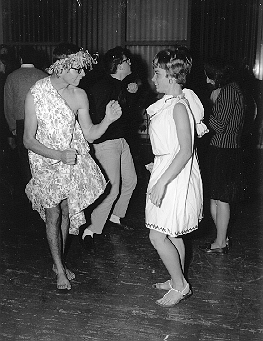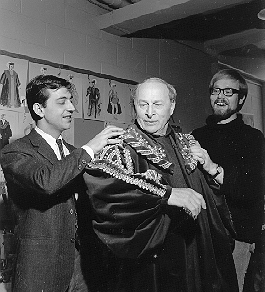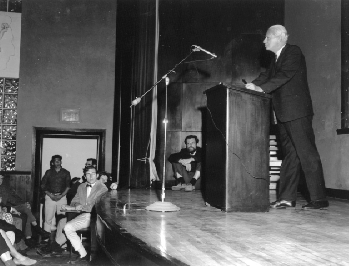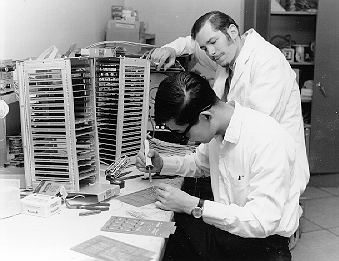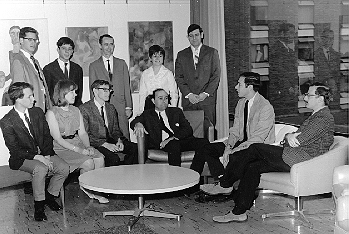The Second Decade

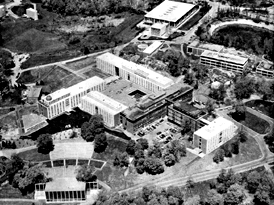 This 1966 aerial view of the campus centers on the School of Science complex. Features now gone include the Ullman Amphitheater (lower left) and the Town of Waltham reservoir (upper right).
This 1966 aerial view of the campus centers on the School of Science complex. Features now gone include the Ullman Amphitheater (lower left) and the Town of Waltham reservoir (upper right).
By the close of its first ten years, Brandeis had become more successful than even the most optimistic hopes had foreseen; a 1961 profile of the university in The New York Times called it "an academic prodigy." Worries over attracting enough students gave way to concerns about over-crowding in dorms and classrooms, even as the building boom of the first decade continued into the second. And as its population grew, the university’s distinctive personality came more clearly into focus.
In the button-down 50s, Brandeis had stood out for its bohemian air and the determinedly progressive politics represented by such outspoken faculty as Herbert Marcuse, Irving Howe and Max Lerner. The pages of The Justice were packed with earnest discussions of literature and the arts, philosophy and politics, and the Gen Ed S lecture series continued to bring prominent intellectuals to campus, including John Kenneth Galbraith, Hannah Arendt and Norman Mailer.
The explosion of political feeling in the 1960s hit Brandeis with particular intensity. The optimistic liberalism the university had inherited from the American Jewish community gradually gave way to a sense of urgency and outrage, a passionate need to address all of the charged issues vexing American political life. As Brandeis alumnae like Abbie Hoffmann ’59 and Angela Davis ’65 took positions on the national frontlines, the campus seemed to be in an almost continual state of unrest.
Perhaps nothing illustrated change more clearly than the role of Brandeis President Abram Sachar. During the university's first years, President Sachar had had direct responsibility for every facet of its development. Indeed, it was only owing to his extraordinary energy, strength of will and genius for fund-raising that Brandeis had been able to succeed at all during those uncertain early years. But now that the university had begun to realize his vision for it, his strongly personal leadership style seemed increasingly out of phase with its needs. Against the backdrop of a political climate that increasingly distrusted authority in all of its forms, President Sachar's aggressive leadership, once so indispensable, appeared at best out-of-touch, and at worst, arbitrary and authoritarian. In the university’s 20th year, President Sachar was forced to the bittersweet realization that the university that owed so much to his single-minded devotion had outgrown his leadership.
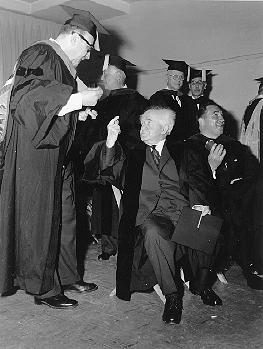
Israeli Prime Minister Ben-Gurion at Convocation March 8 & 9, 1960. Brandeis University awarded David Ben-Gurion, the first Prime Minister of Israel, a honorary degree of Doctor of Laws at a special convocation on March 9, 1960. Ben-Gurion's speech at the convocation was entitled "Science and Ethics: the Conbtribution of Greece, India, and Israel."
